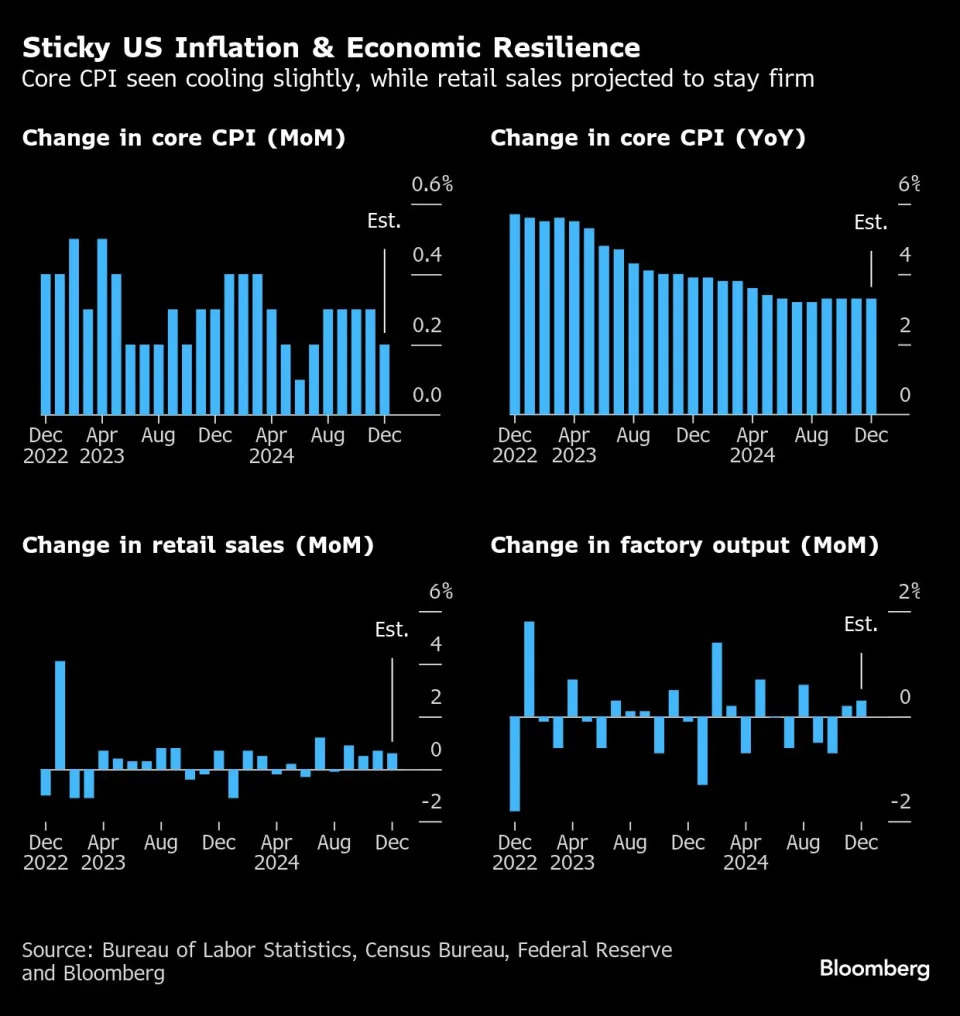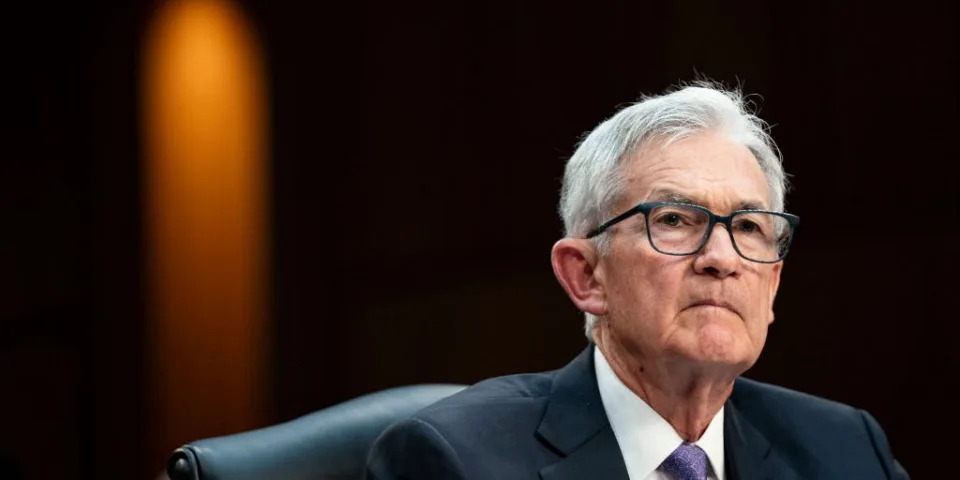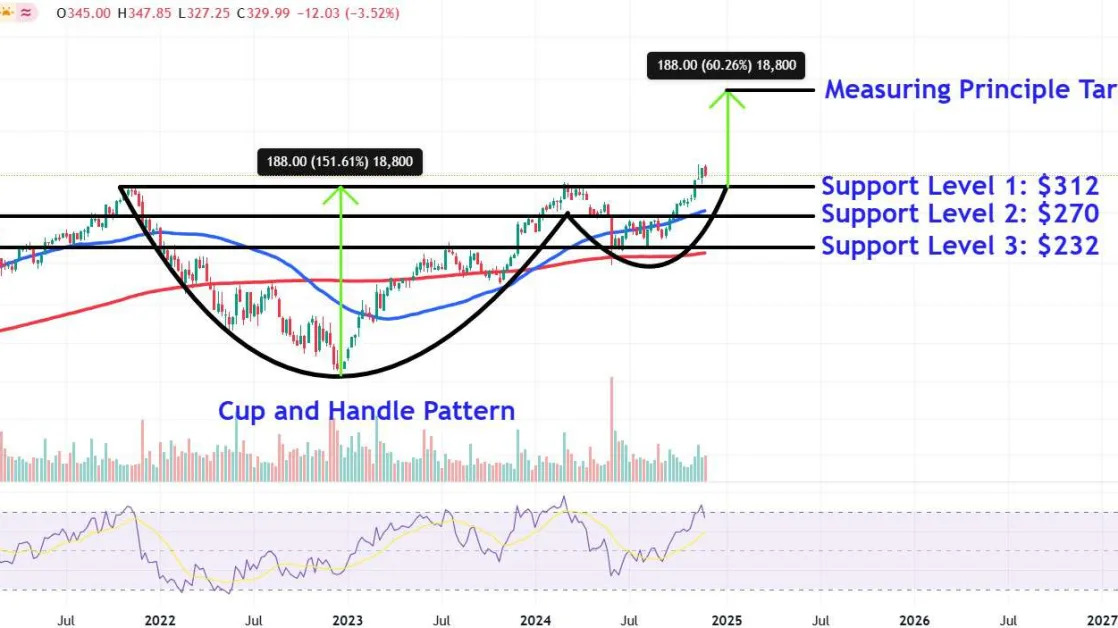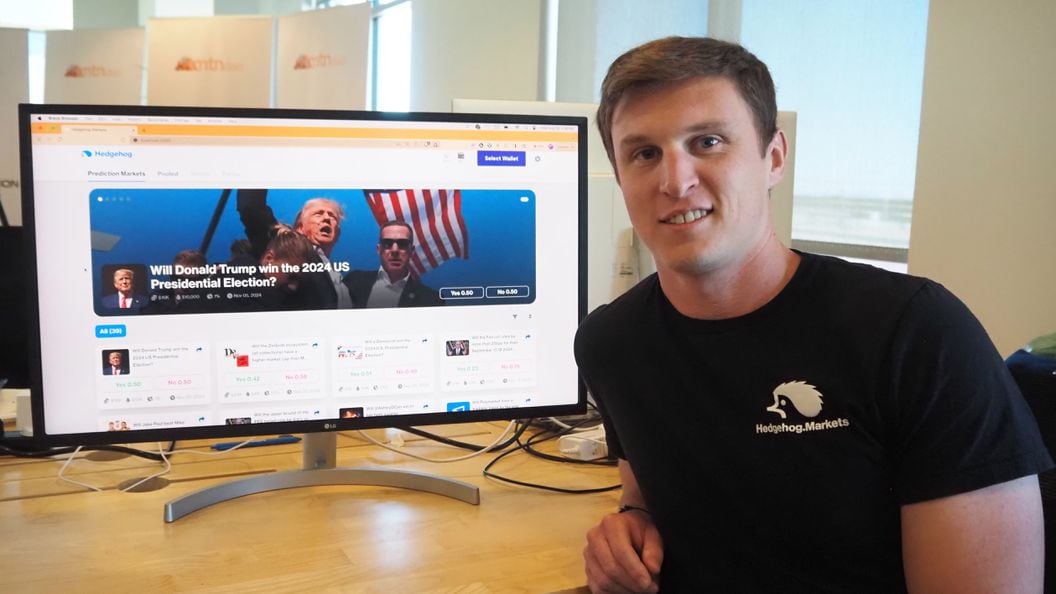(Bloomberg) — A decision by US President-elect Donald Trump to ramp up tariffs gradually once he takes office would be “problematic” for the Federal Reserve as it battles the last-mile of inflation, according to Arend Kapteyn at UBS AG.
“We think of tariffs as a one-off price level shift and then it goes away a year later, and then provided it’s not big enough you don’t have spillover effects so you don’t get second round effects that are sort of inflationary,” Kapteyn, UBS global head of economics and strategy research, said Tuesday in a television interview with Stephen Engle in Shanghai.
“But if you do rolling tariffs, it’s a little like the repeat of the pandemic and the Ukraine shock that we had, you have one supply shock after another and you start to create a much higher peak in inflation so I think much more difficult to sort of know what to do with that as a central bank,” he said.
His comments come after Bloomberg reported, citing unidentified officials, that members of Trump’s incoming economic team are discussing slowly ramping up tariffs month by month, an approach aimed at boosting negotiating leverage while helping avoid a spike in inflation.
Kapteyn said that he didn’t believe that the risk of higher US tariffs was priced in by financial markets.
“In that kind of environment I still think you’re likely to get a couple of cuts,” he said on Tuesday. “But clearly the FOMC is no hurry and thats why we think it will take later in Q2 probably in the June meeting for the first cut to be delivered.”
Goldman Sachs Group Inc. is predicting underlying US inflation of around 2% — very close to the Fed’s target, chief economist Jan Hatzius told Bloomberg’s Minmin Low in a television interview in Hong Kong.
US inflation data is increasingly suggesting that progress toward tamer prices has essentially stalled at a time when the labor market and demand show scant signs of distress. Trump’s return to the White House is adding to uncertainty over the outlook for global growth and inflation.

Investors are now eagerly awaiting US inflation data on Wednesday which is likely to show that underlying prices cooled only a touch at the close of 2024. That will potentially support a go-slow approach by the Fed after it cut rates three times last year. Money market are pricing just one reduction in 2025.
“If you do across-the-board tariffs, it’s much more inflationary than if you start to exempt the things where you have no alternative.”
“We do think it’s inflationary,” he said. “And then of course it becomes an issue of tariffs on who and how much and what do you exempt,” he added.
However, if inflation proves stickier and stays closer to 3% throughout the year then the Fed might not cut at all, he added.
Hatzius said US tariffs are unlikely to have a “huge impact” on inflation and growth.
—With assistance from Stephen Engle and Minmin Low.






